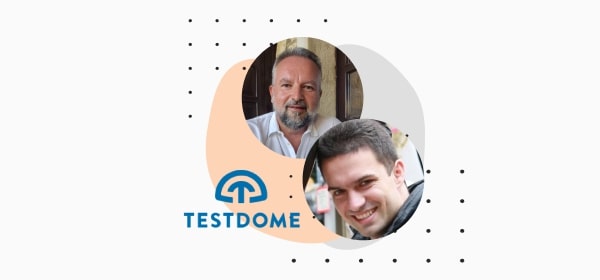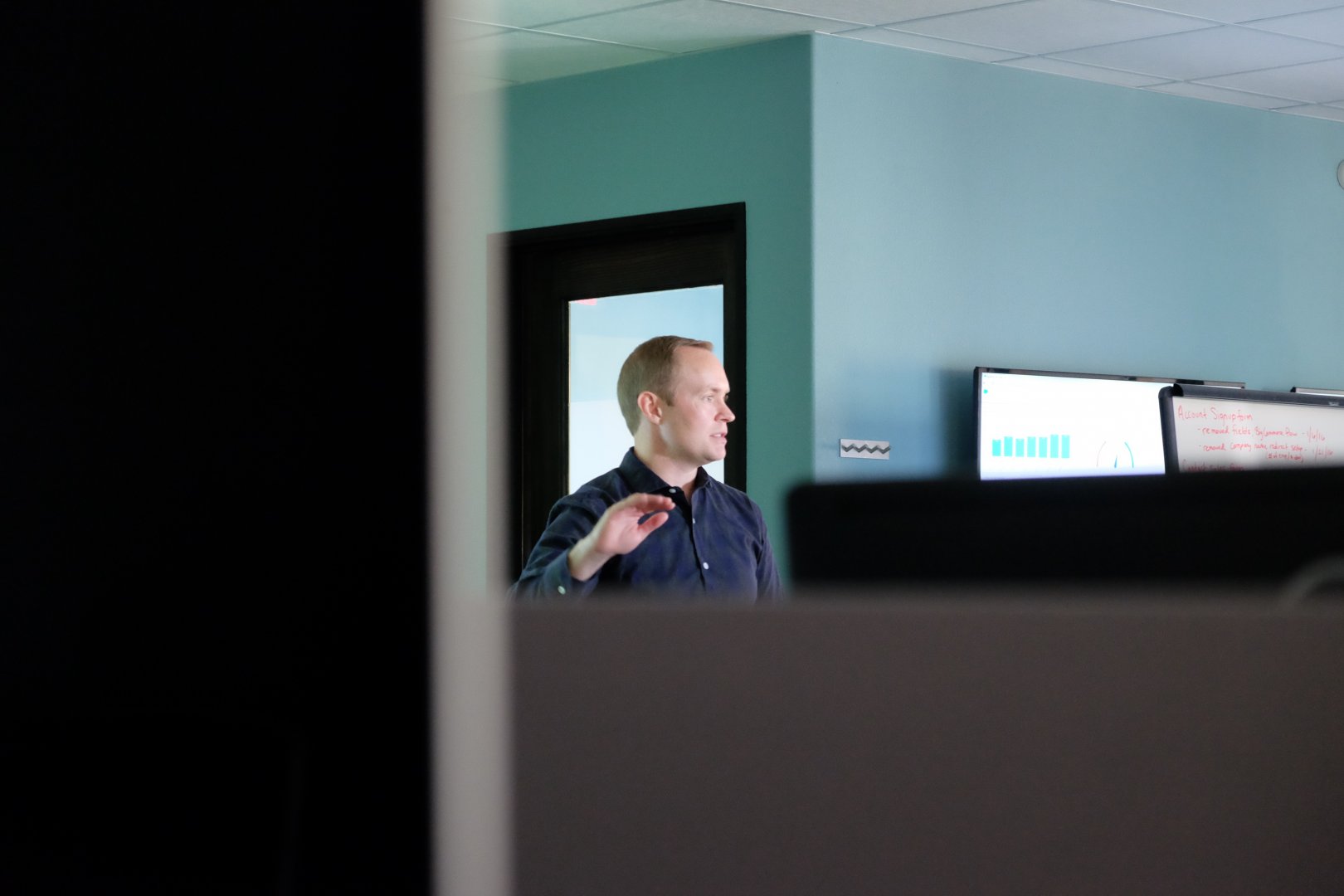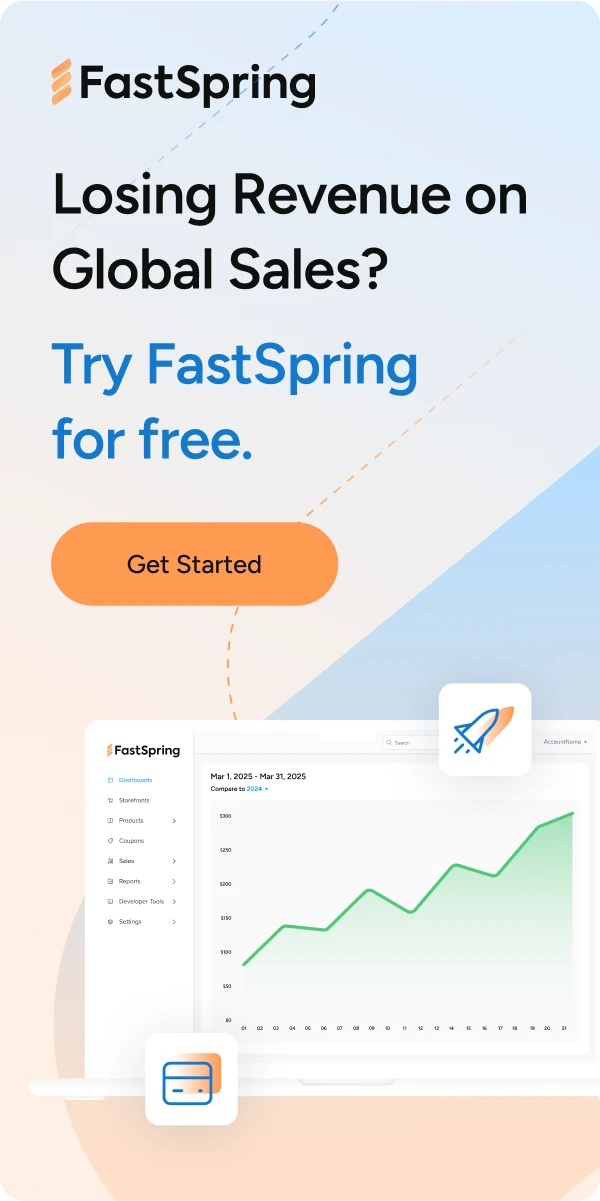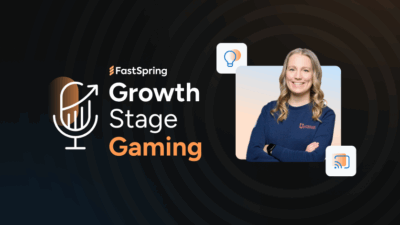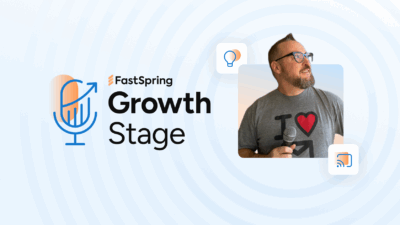FastSpring’s CEO, Chris Lueck was recently featured on Jack Sweeney’s Middle Market Executive Podcast. Chris shares his insight on leading a company and navigating private equity investment to grow FastSpring to further meet the needs of the digital economy.
Checkout the full episode of Middle Market Executive featuring Chris here:
Pressed for time? Don’t worry, we’ve included a few highlights from his conversation below.
Q: How did you get involved with FastSpring?
A: I joined the company in 2013. My partner and I raised an investment fund with the intent of acquiring a company. The thesis was to always go in from day one, acquire a majority share, and help grow the company.
Q: What inspired you to invest in FastSpring?
A: There were many reasons supporting my decision to invest in FastSpring:
1. FastSpring’s core business. FastSpring sits at the intersection of three core areas: software and subscription billing, payments, and ecommerce. All three of these industries have massive tailwinds behind them and I’m excited to see how we can position ourselves to take advantage of the growth in these industries.
2. FastSpring’s growth potential. Before I even joined, FastSpring was already doing well in terms of bottom-line metrics which speaks volume on how great FastSpring’s technology is in comparison to the other players in the space. We also didn’t have a sales or marketing team in place so I was interested in seeing how much more we could grow the business once we’ve implemented these formal structures.
Q: Can you briefly describe FastSpring’s offerings?
A: Absolutely. I like to think of FastSpring’s all-in-one ecommerce platform as the turnkey solution for businesses who are selling SaaS, software, or digital products.
SaaS companies can choose to either build their own ecommerce engine or incorporate many point solutions, but as they grow they often find that they’re constantly having to build additional functionality themselves or worry about finding additional solutions to handle things like subscription management or merchandising. What quickly becomes apparent to these companies is that the total sum of these point solutions or the cost of building it themselves often becomes more expensive than using an all-in-one ecommerce platform like FastSpring.
And of course, this is without factoring in compliance and regulations into the mix.
If you’re looking to sell to customers overseas you’ll probably have to worry about remitting local and international taxes or worry about staying compliant with data privacy laws like GDPR.
FastSpring’s value proposition is simple; we take care of your entire ecommerce experience so you can invest more time in building the amazing products and services your customers love.
Q: Were there any challenges you’ve faced since you’ve joined? If so, how did you overcome them?
A: Like I mentioned previously, when I first joined we didn’t have a formal sales or marketing team in place. We’ve mostly grown from inbound leads and were doing about $8 million in revenue…I like to call it the teenage years. We were doing well but we really wanted to grow into the ranks of other middle market firms. So naturally we had to ask ourselves, what could we do to help us achieve this goal?
One of the answers was to build out our sales force and hire talent that had experience building up an inside sales team. Changing a mindset is always hard, it definitely took a little bit of time to dial everything in, but eventually, we were successful. Today 40 percent of our pipeline is now outbound leads.
Q: Could you please share some future milestones you’re looking to achieve?
A: One of our goals at FastSpring is accelerating our revenue growth after the equity investment from Accel-KKR. Going back to my previous statement, before we were in our teenage years and now it’s about growing into adulthood. Culture will still be a big focus of our growth strategy, if you look at our glassdoor ratings right now, I believe we have a 4.8 out of 5 rating. We’ve gone from being an entrepreneurial firm to one that’s back by private equity, but it’s important that we don’t lose that entrepreneurial mindset. We’ll continue to maintain a work environment that’s open and friendly while at the same time still encouraging innovation.
Looking at our 18-month plan, we’re still continuing our investment in sales and marketing. But will look for transformative growth opportunities whether that be through breaking into new markets, improving our ecommerce platform capabilities or looking at potential M&A strategies.
Interested in pioneering the future of the digital economy? We’re hiring! Visit our career page to see our open positions.
